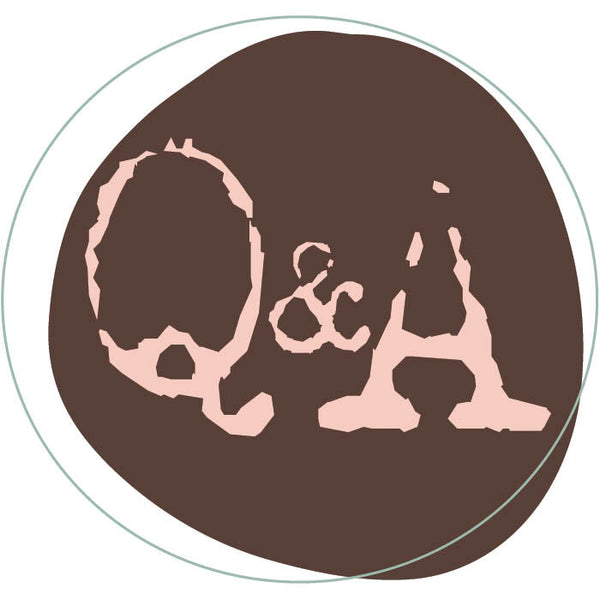Q&A

Different size eggs
Q: What size egg is best to use in baking and if my eggs are larger will it make much of a difference to a cake recipe?
A: 59/60g eggs (or 700g cartons with 12 eggs) are a good choice as they are the most commonly used egg size in professionally published recipes in Australia (think books, magazines, newspapers) and are the size I use in all my recipes. It’s not actually a question of which size egg is ‘best’ but what size was used when the recipe was written/tested and this is often stated in the front/back of the book, magazine etc. for printed recipes, and usually on a FAQ on a website, and it’s a good idea to note this.
If you are lucky enough to have laying hens and your eggs are different sizes there is an easy way to work out how many eggs you need by simply weighing them without their shells. For example, if the recipe asks for 4 x 59g eggs (keeping in mind that the average shell weight of a 59g egg is about 7g) you would need about 208g egg (without the shell) in total. If you only need part of an egg, to make up the weight, remember to whisk the white and yolk together before weighing the portion required.
Egg size does matter when you are baking and using larger eggs than required will affect most recipes, depending on what the quantity difference is. For bakes such as cakes or puddings the texture is the main thing that will be changed and it can become quite 'rubbery'. This is because eggs add a lot of protein to a bake and, in turn, give them structure, strength and flexibility. This is a good thing when given in the right quantity but if too much egg is added the flexibility provided by the protein will be excessive, resulting in the rubber-like texture.








